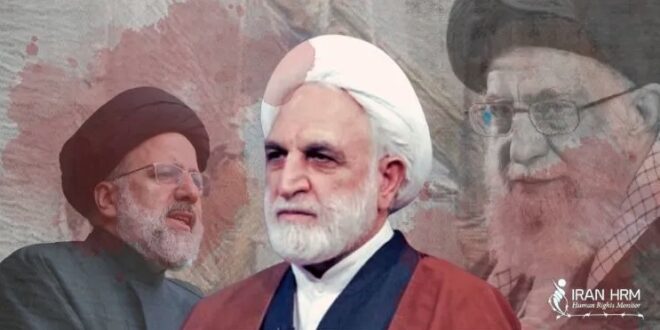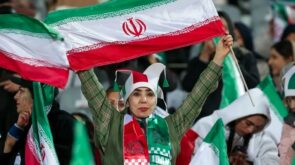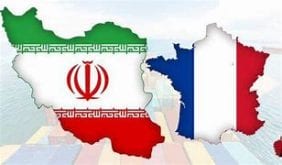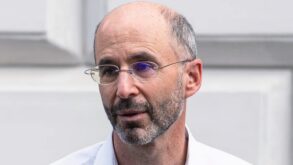Al-Monitor – Iran’s judiciary chief Gholam-Hossein Mohseni Ejei has told judges to avoid leniency and “unnecessary compassion” when it comes to prosecuting “the main elements of the riots,” as anti-government protests continued despite a deadly crackdown and crippling internet blackouts.
“Lenient verdicts will be injustice toward the public,” the hard-line cleric declared at a meeting in Tehran on Oct. 13. He advised the judges to show clemency toward the “less guilty” and “deceived” individuals by releasing some of them pending commitments of “acceptable behavior.”
The comments came one after Iran’s Supreme Leader Ayatollah Ali Khamenei told intelligence and judicial authorities to “act on their duties” in the face of the ongoing unrest, which has engulfed Iran since the death of 22-year-old Mahsa Amini in police custody last month.
The chief judge also toughened his stance only three days after a rare expression of openness to listen to public complaints about the judicial proceedings against those arrested. The gesture drew ridicule from among many Iranians on social media, who reviewed similar past promises as well as the ongoing heavy-handed response.
Thousands of protesters are believed to have been placed under detention over the last three weeks, with Iranian authorities confirming that most are juveniles.
Meanwhile, the government’s handling of protests by schoolgirls continues to foment heated debate after Education Minister Yousef Nouri confirmed that some of those students were being held at “psychiatric” facilities for behavior correction. The move was confirmed on Oct. 13 by the spokesperson for the Iranian parliament’s Education Committee, Reza Hajipour, who justified the arrests on accusations that those schoolgirls had established communication with “foreign-based hostile media.”
Amid severe internet disruptions, the flow of reports and videos from the protests has dramatically slowed down, as a result of which details of violent demonstrations on Oct. 12 trickled in a day later. According to Hengaw Organization for Human Rights, at least four people were shot dead by live ammunition from security forces in the western cities of Kermanshah, Sanandaj and Boukan. Videos were also released of angry protesters beating up members of hard-line Basij paramilitary forces.
And while Iranian authorities have been pressuring and even arresting celebrities for speaking out against the clampdown, calls for justice were still growing from among them.
“I want to die in peace; that’s why I don’t want to keep silent anymore,” said veteran actor Mohammad Omrani in a video message on social media on Thursday. “You are armed, all right, and so are we,” he told the Iranian establishment. “We are armed with the hottest weapon, which is our blood,” he said, remembering a number of young Iranians killed in the ongoing and past anti-government protests.
 Shabtabnews In this dark night, I have lost my way – Arise from a corner, oh you the star of guidance.
Shabtabnews In this dark night, I have lost my way – Arise from a corner, oh you the star of guidance.



